When basketball phenom Brittney Griner came out as gay, many who were paying attention cynically thought, Well, duh. And when it was revealed that administrators at Baylor University, the Texas Christian school where she became a NCAA star, had encouraged her to stay closeted, it conjured another cynical reaction: Typical Christian schools.
But a college's religious affiliation -- or whether it's a public or private institution -- isn't a barometer of whether it will be accepting or not. You might see your teammates get together to pray for those headed to hell thanks to "lifestyle choices" even when they're from a women's basketball team at a public university in a liberal college town.
Kate Fagan knows it from experience. From 1999 to 2004, Fagan played hoops at the University of Colorado. While there, she slowly realized that she is a gay woman. There were plenty of openly gay students at the school (including other athletes), but she was surrounded by devout Christian teammates who flocked to regular meetings with the Fellowship of Christian Athletes, an organization with chapters on college campuses across the country and around the world.
Fagan's debut book, The Reappearing Act, chronicles her inner turmoil as she comes out to herself and slowly to the people in her life -- including some of her Bible-thumping teammates. Her story is one of complexity, not of clear-cut heroes and villains, which seems like a more realistic telling of what happens to other athletes who have followed in her Nikefied footsteps.
"I think what happened at Colorado was just a product of individuals we happened to have on that team at the time," she says.
Some have told her that the book might reflect poorly on her alma mater, but she says Colorado was simply a backdrop for her situation. The FCA has a presence at colleges and universities everywhere, with Bible study groups and worship events for coaches, athletes, and teams.
Fagan says her coaches knew that a number of players were emphatically diving into their faith, but "in the same way they would never make someone go to a Bible study, they didn't want to tell anyone not to go," she says.
their faith, but "in the same way they would never make someone go to a Bible study, they didn't want to tell anyone not to go," she says.
The FCA is viewed as an extracurricular activity at many colleges, especially public ones, but the societal pressures on campuses -- as Fagan witnessed -- can make groups like this feel like anything but optional.
"I do have the hope that someone from FCA does read the book and starts a conversation about how they discuss these issues with athletes on campuses," she says of the 60-year-old organization.
Fagan now works at ESPN after a few years covering the Philadelphia 76ers for The Philadelphia Inquirer. Initially, she did not intend to write a memoir of her coming-out, but she felt compelled to write a column about turning tide of the gay rights movement in sports, right as football players Chris Kluwe and Brendon Ayanbadejo were becoming vocal LGBT allies in 2012.
"I usually don't write in the first person," she says, "but it felt right to start that column with an anecdote about when I told my Christian teammates about my sexuality, and that was really the start of it."
From there, with the help of her partner and ESPN editor Sue Hovey, her story became The Reappearing Act.
Fagan graduated from the University of Colorado a decade ago. She's kept in touch with some teammates and friends from college, and others have become distant memories and vague social media connections. And in the greater world, much has changed with the public perception of LGBT people, especially in sports. So would her coming out process have been different had she been a 2014 graduate instead?
"I don't think we have eviscerated homophobia in any way, but I do think there's more information out there, there are more role models that will help you think you can live openly and follow your dreams as well. I like to think I would have been able to look up and see more role models like Jason Collins, Michael Sam, Abby Wambach, and now Brittney Griner. Those people were not out and open 10 years ago. And that's why I wrote this book, so that people could have someone else out there who they could relate to."
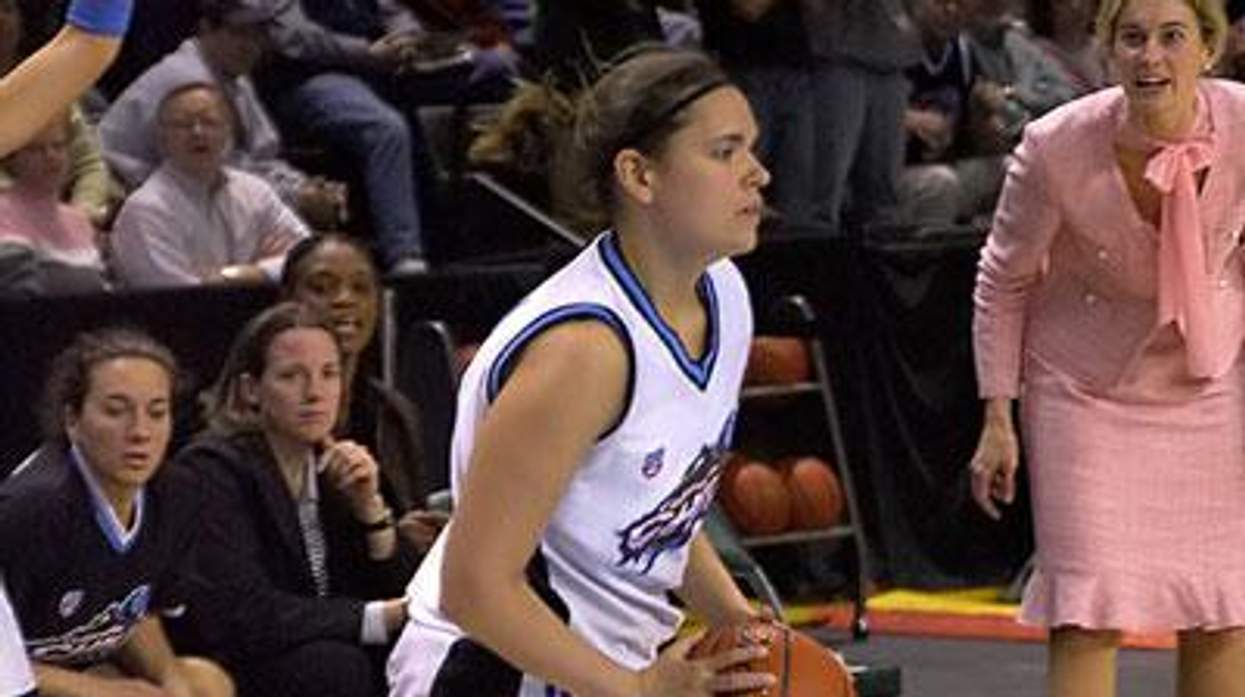

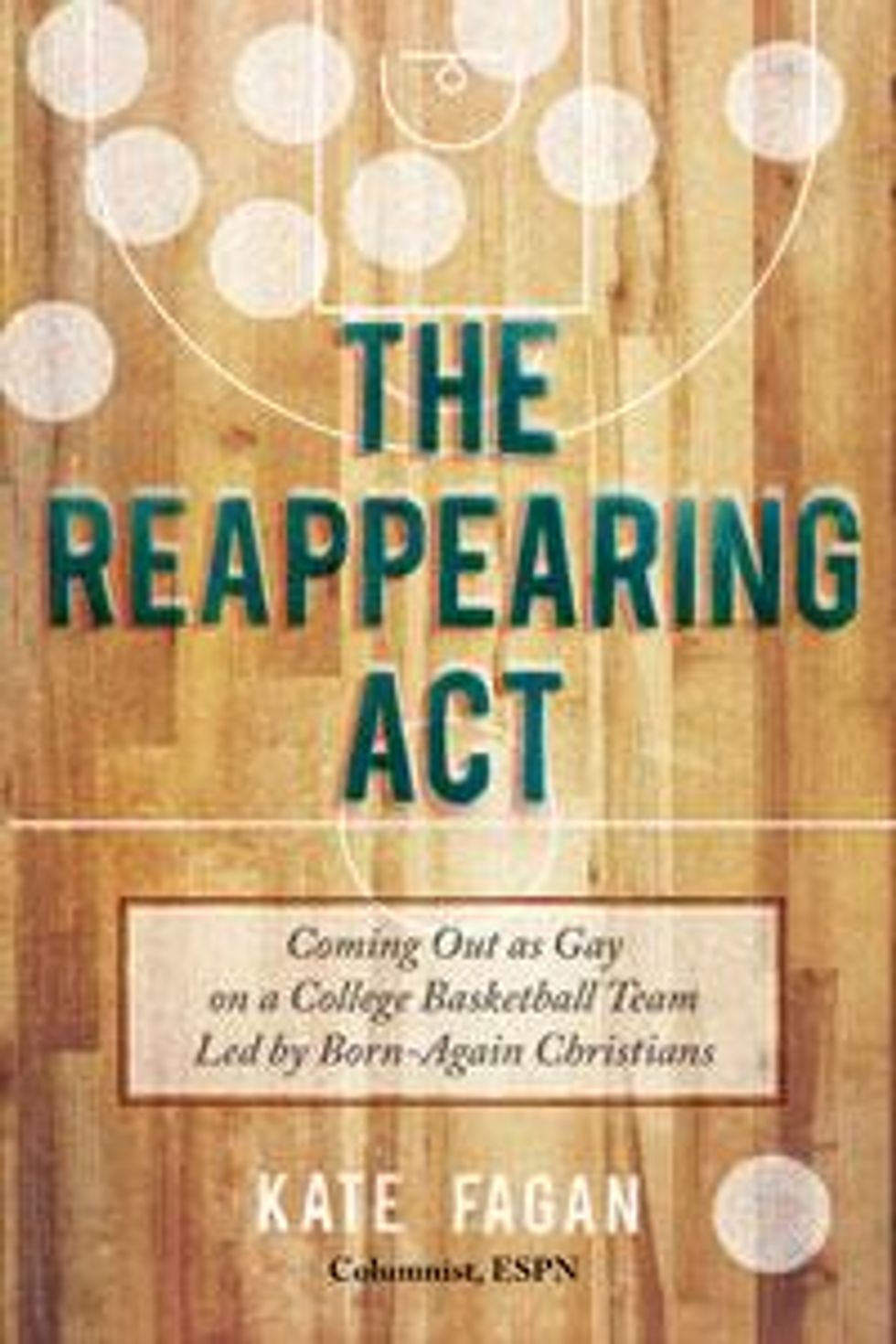 their faith, but "in the same way they would never make someone go to a Bible study, they didn't want to tell anyone not to go," she says.
their faith, but "in the same way they would never make someone go to a Bible study, they didn't want to tell anyone not to go," she says.














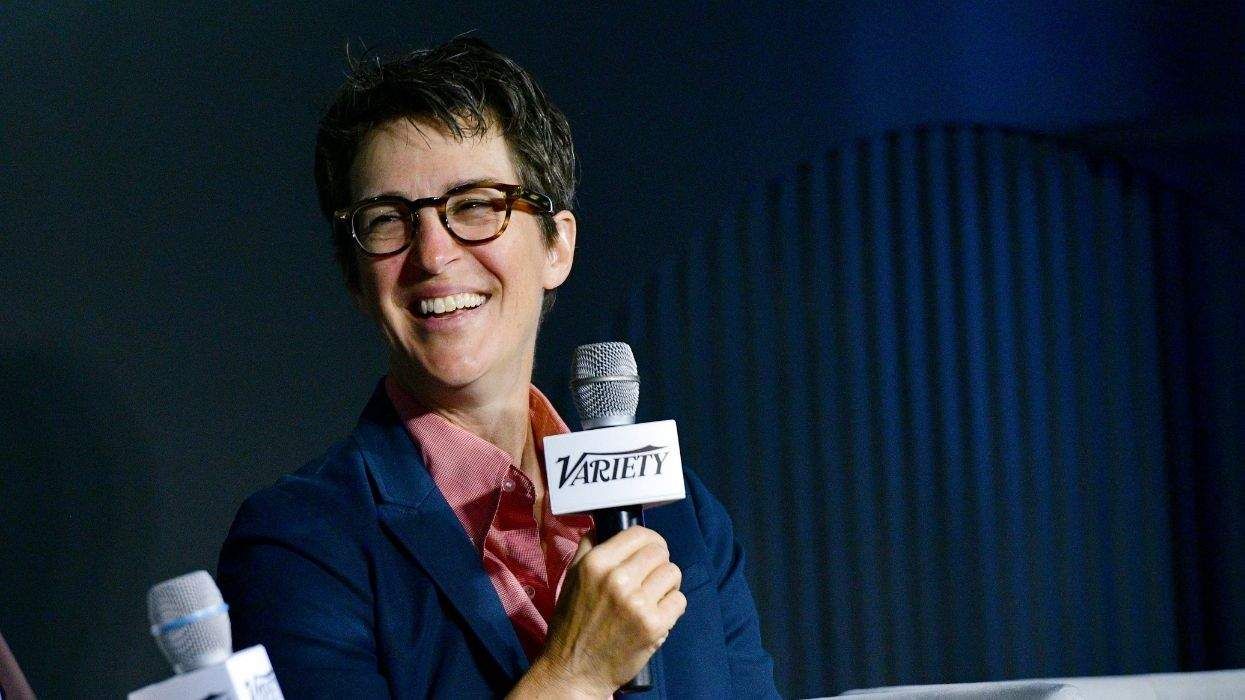
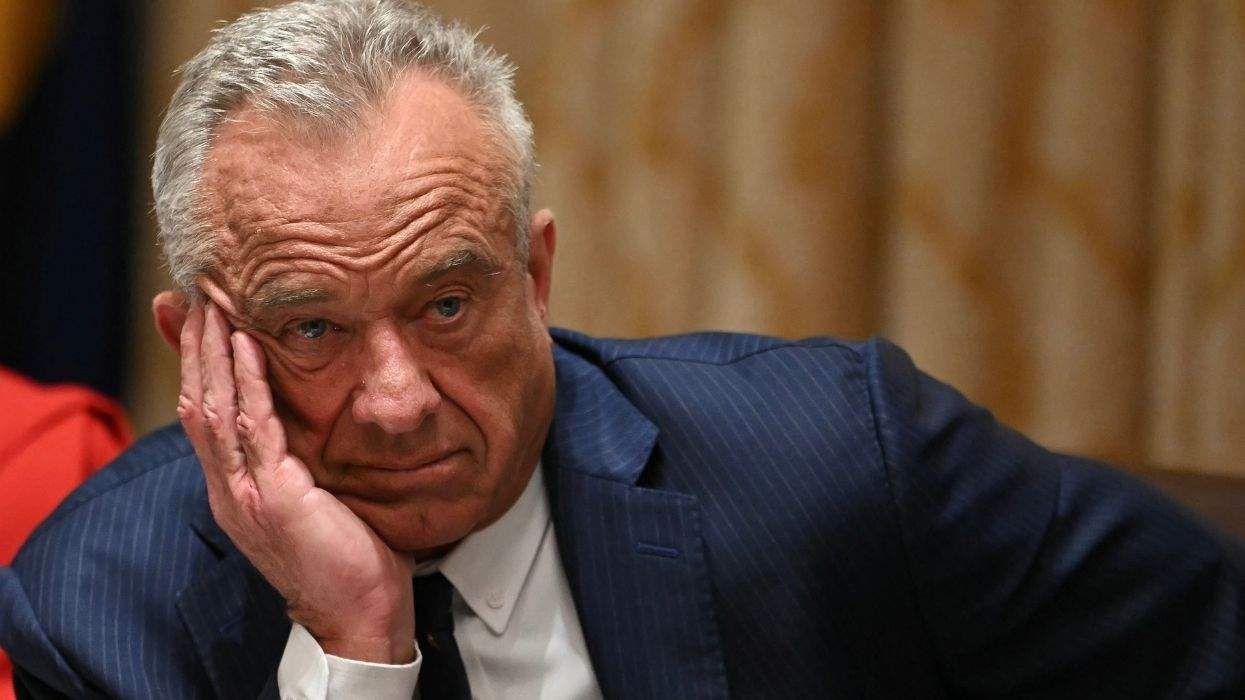
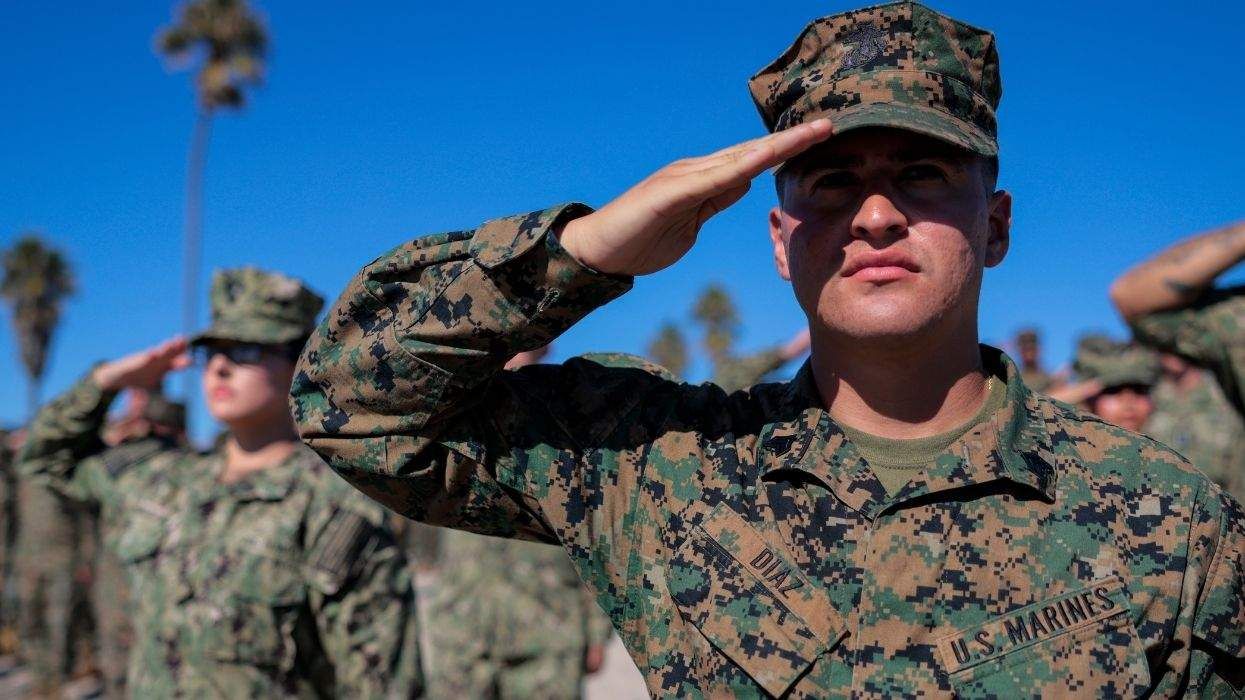
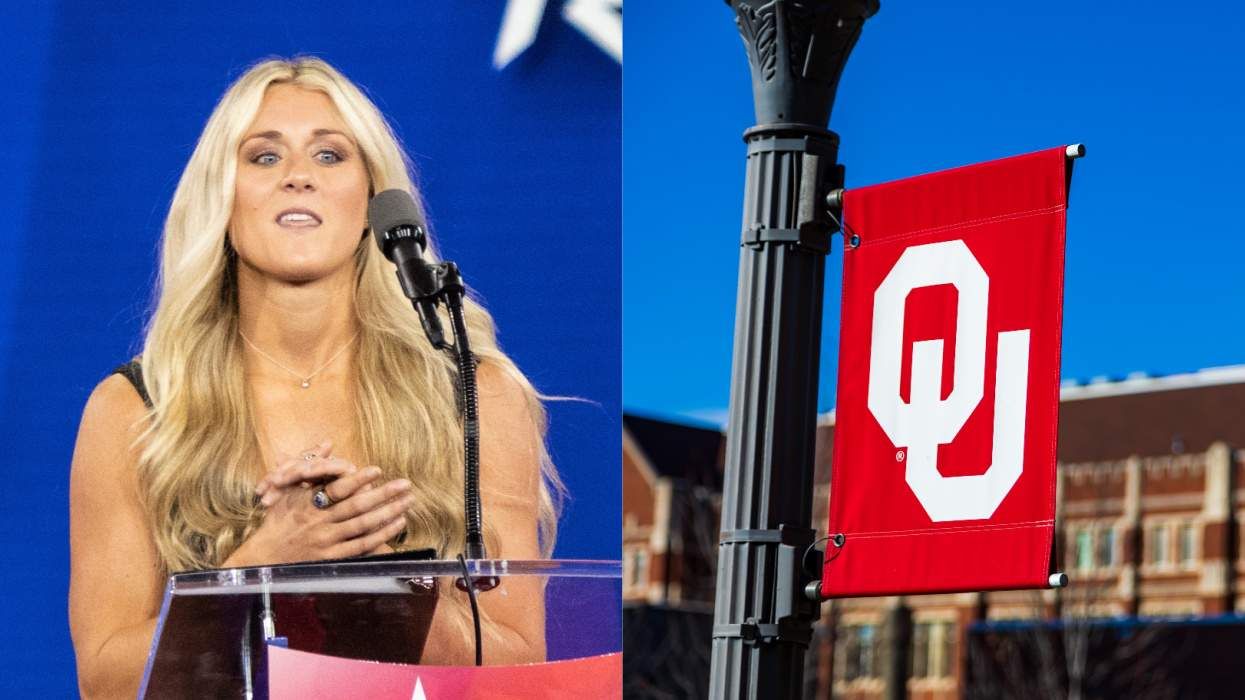
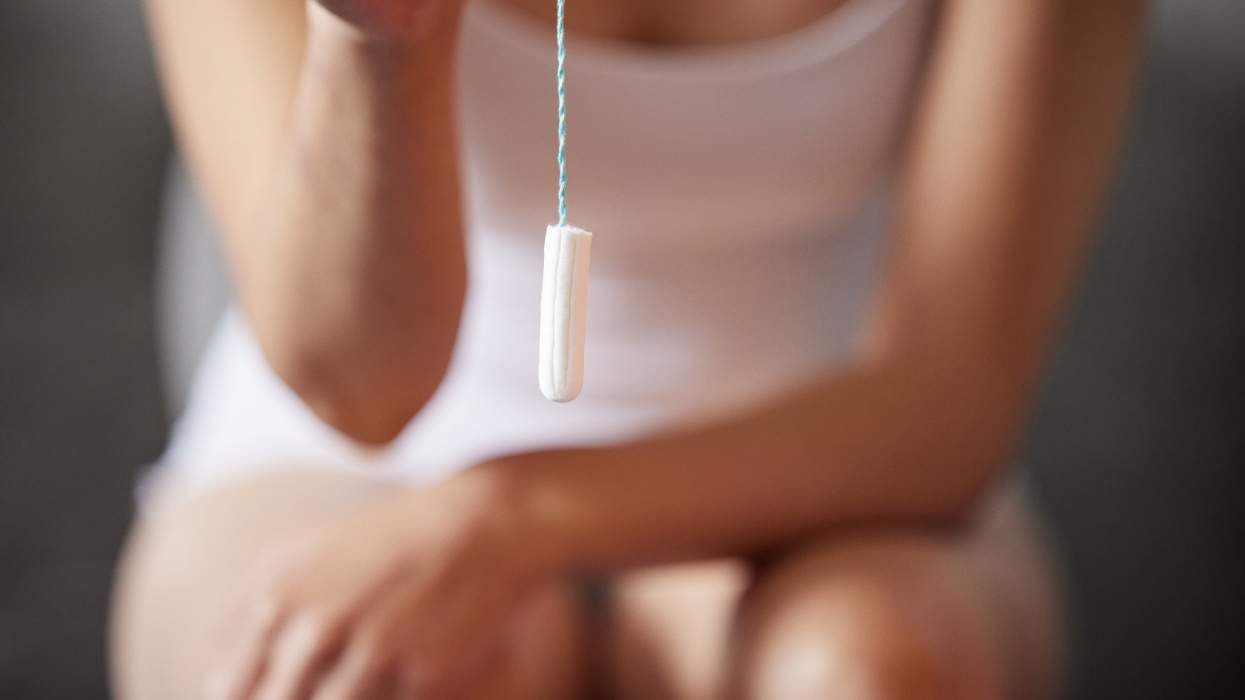

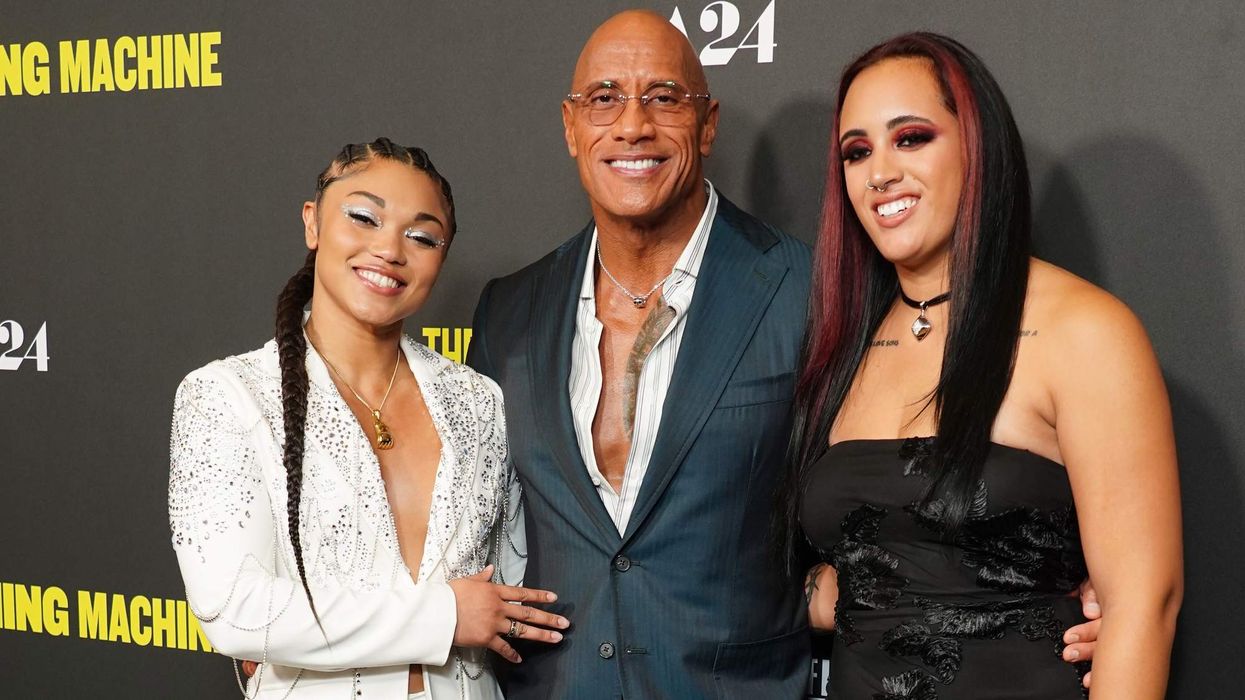
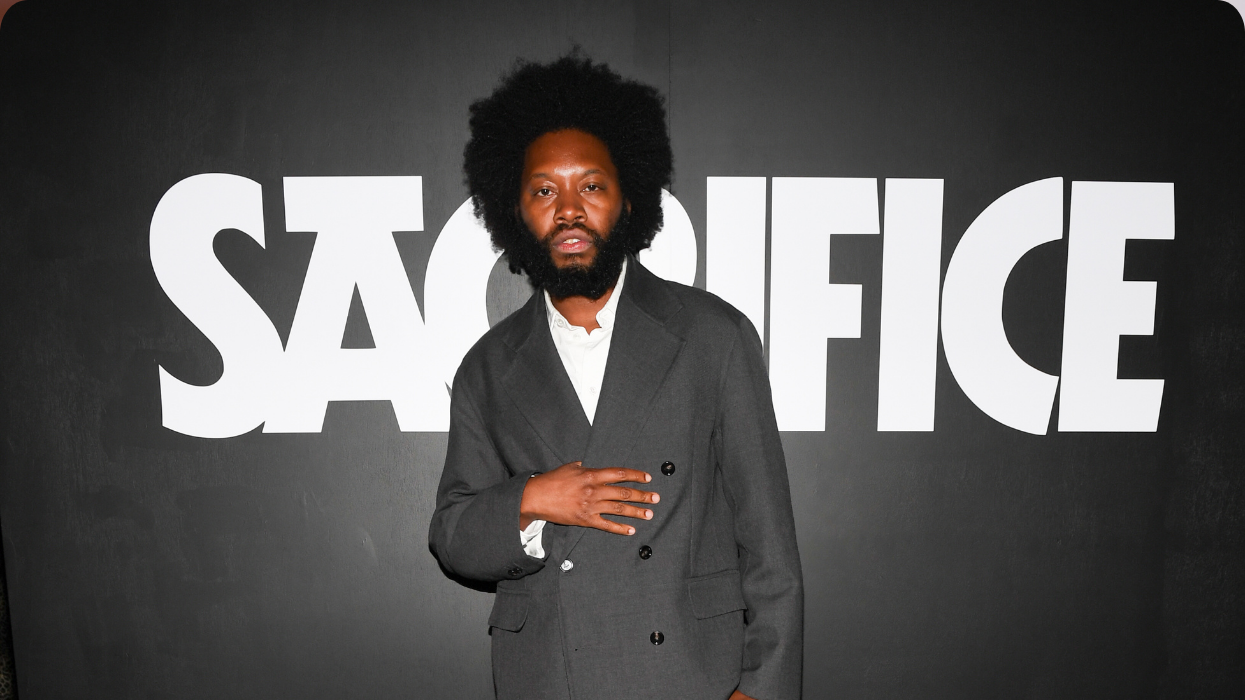
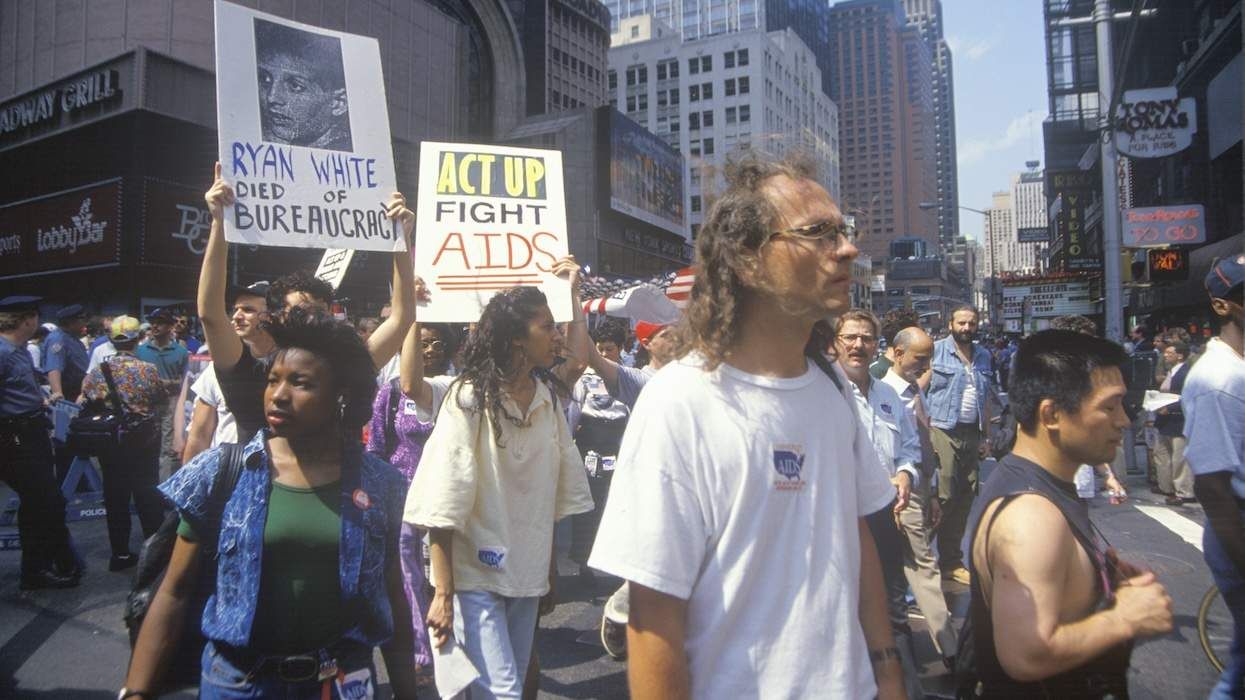





















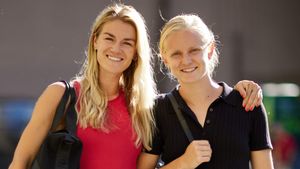








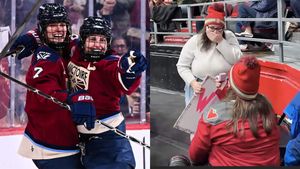




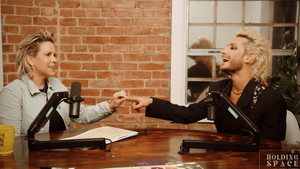



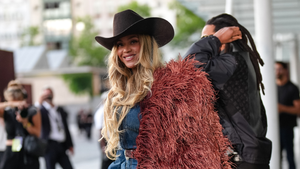


Charlie Kirk DID say stoning gay people was the 'perfect law' — and these other heinous quotes